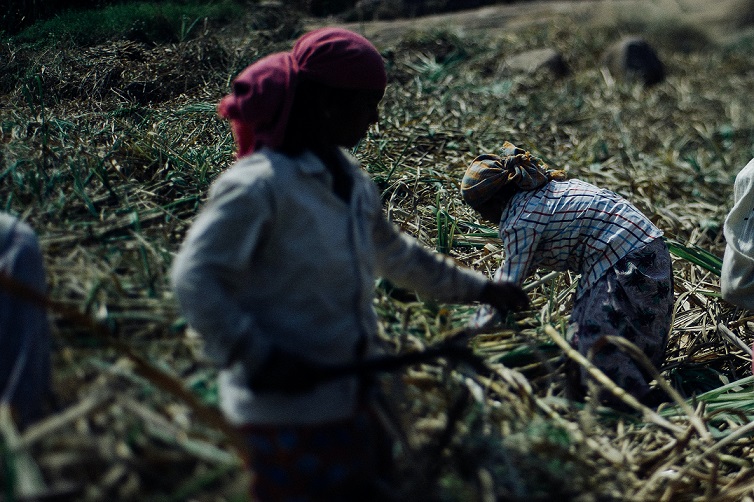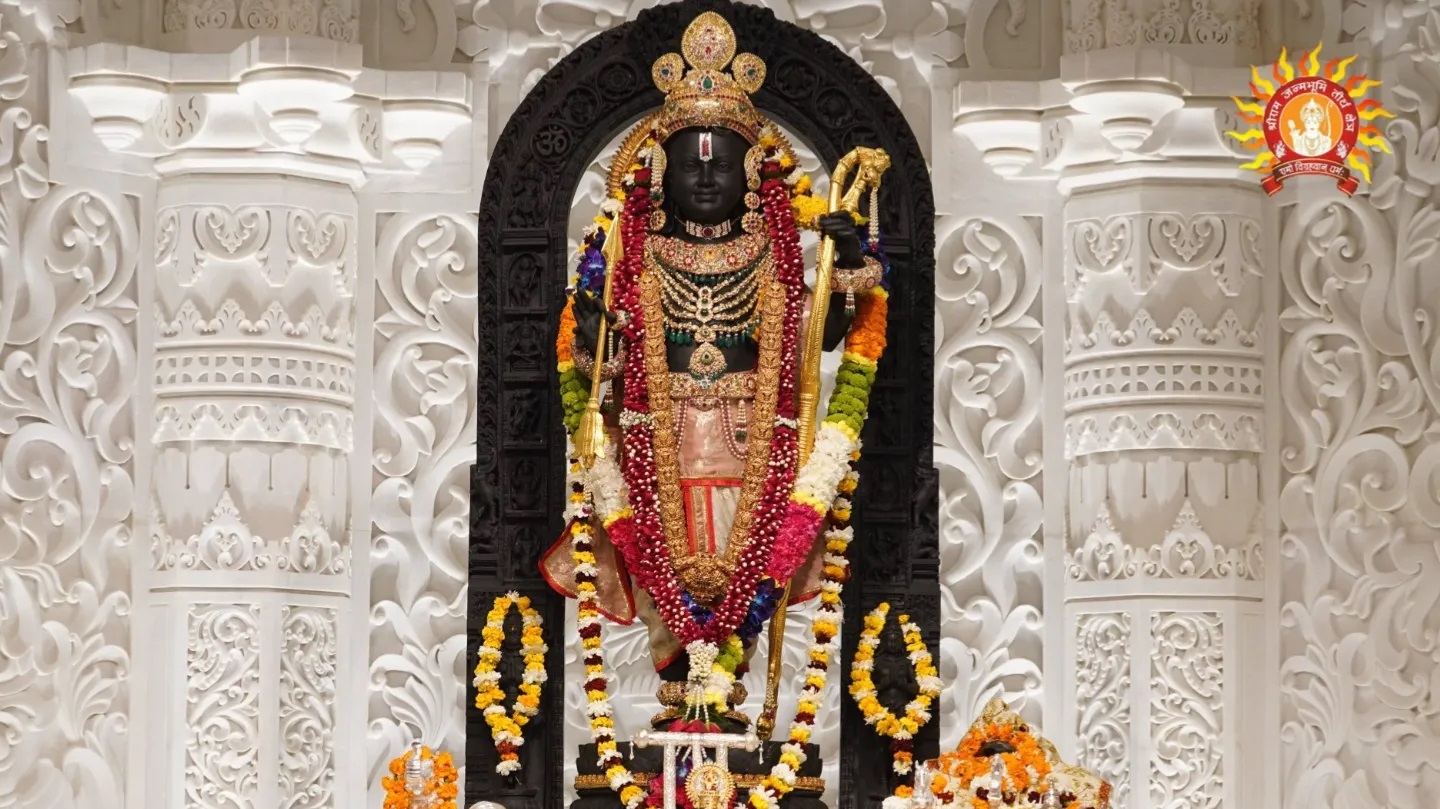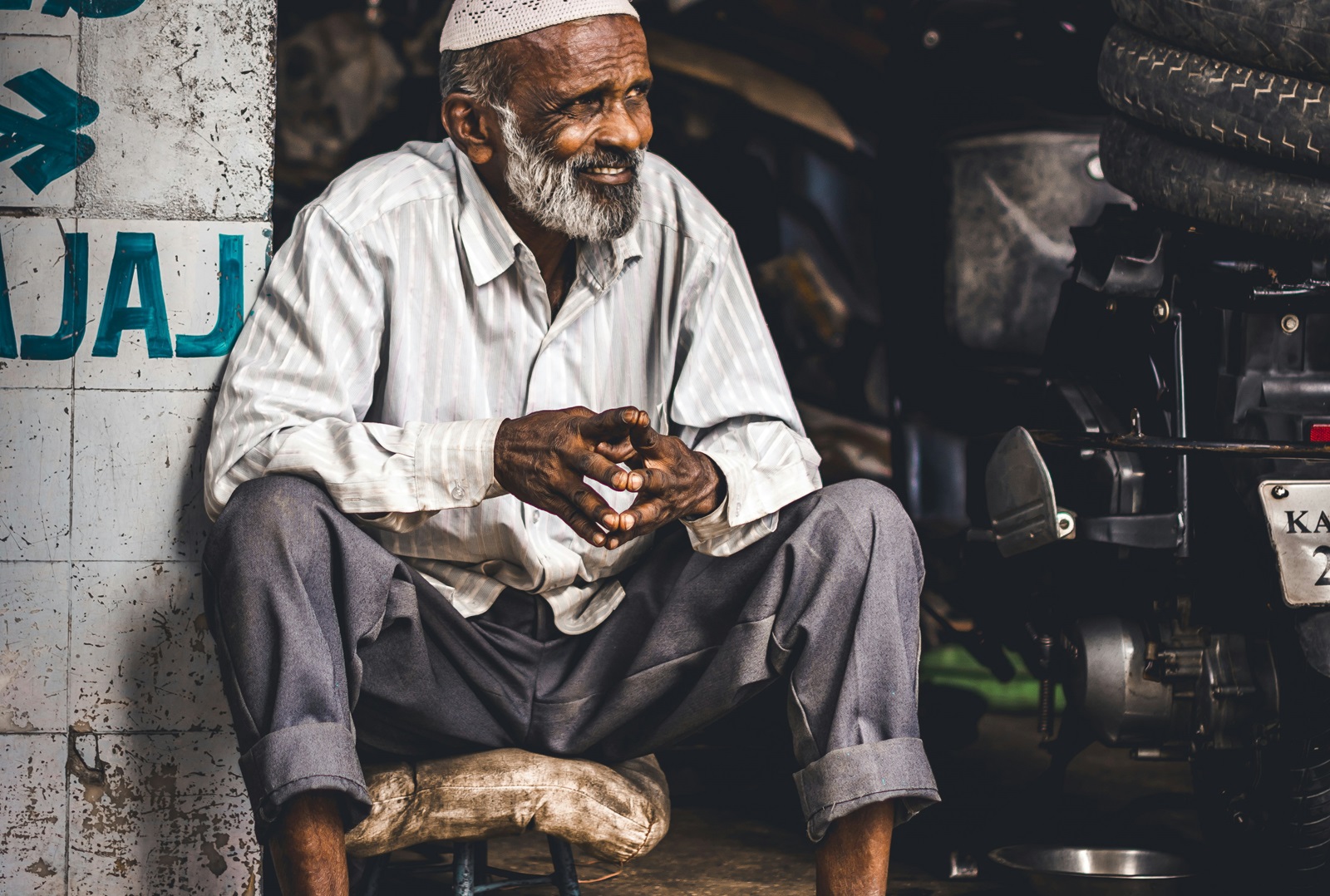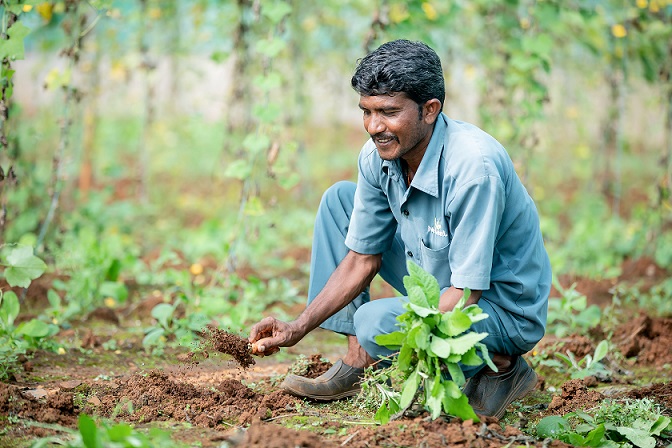In the 21st century India where social and economic policies are being put in place to hasten and strengthen the process of women empowerment, some fundamental negative externalities are in place neutralizing the impact of such policy changes, with Climate Change being one such prominent negative externality.








